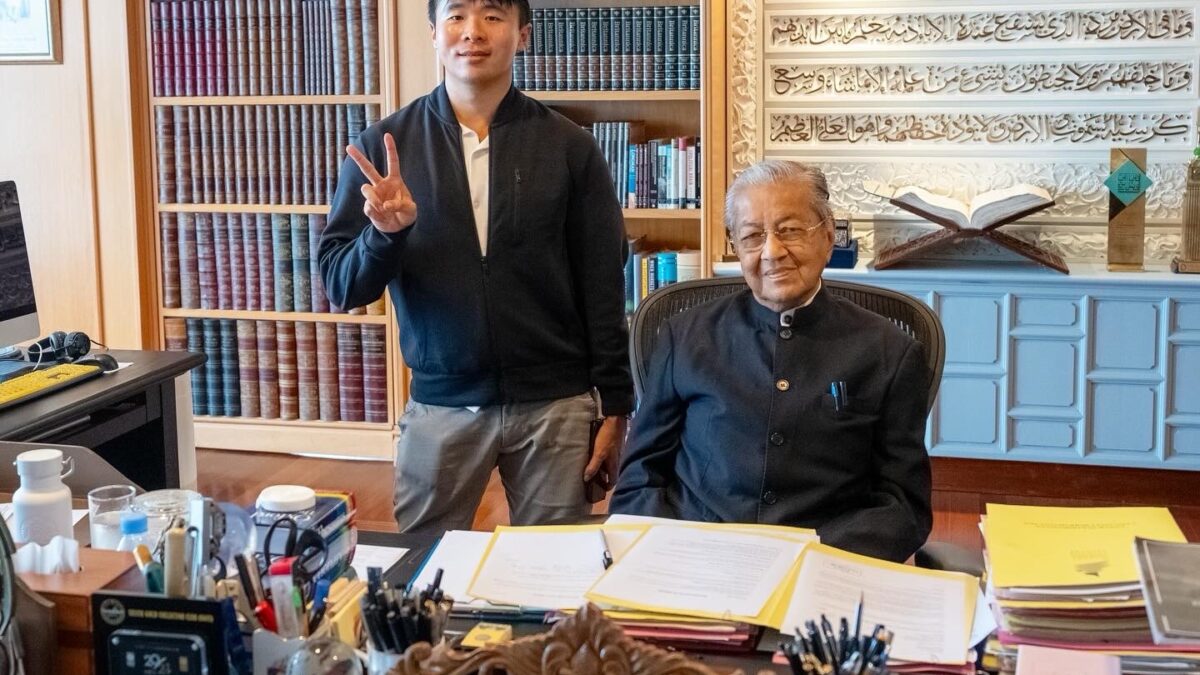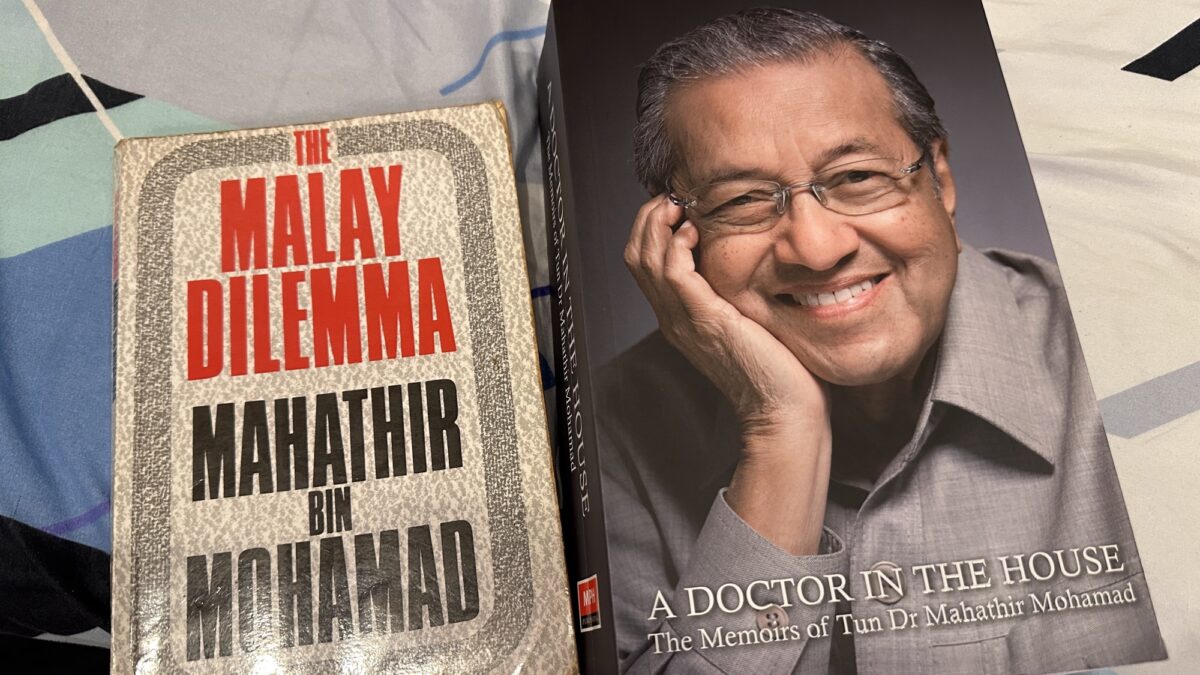AUAM-NAMSA Corporate Pathways Networking Dinner – Some small reflections.
The journey has been pretty interesting in a whole bunch of different ways.
Amongst other things, I’ve received a partnership with GerakBudaya, and also in conjunction with the American Universities Alumni Association of Malaysia and the National Assembly of Malaysian Students in the United States of America (NAMSA), we are organizing this event.

Here’s the event PDF to showcase that this is quite real.
Honestly, even the term Corporate Pathways is a bit of a misnomer.
I don’t know how corporate this event is going to be, primarily because it’s mainly going to be focused upon experience sharing and how people thought about their lives in the course of GLC in relation to the education that they received while they were in the U.S.
There is a whole backstory to this that goes back about a month or two months or so, but has led me to a place of networking, meeting different people, and establishing friendly chat after friendly chat, rather than transactional moment after transactional moment with a bunch of different people with whom I probably never imagined at the outset that I’d be on casual speaking terms with.
Anyway, here are some of the people who will be on the panel.
GLC Panel:
Nick Khaw, Head of Research at Khazanah and alumnus of Harvard University.
Aik Chong Phuah, previous CEO of Petronas Digital and alumnus of the University of Chicago Booth School of Business.
Brendan Yap, Senior Executive at the Securities Commission and alumnus of NYU.
Athirah Azmi, former Manager, Client Coverage at Maybank Investment Bank and alumna of the University of Chicago
Private Sector Panel:
Audrey Ooi, co-founder of Colony Coworking Space and an alumna of Mount Holyoke College, also known as @fourfeetnine.
Dato’ Vincent Choo, Founder, Urban Ground Group, Franchisee Subway; alumnus of Eastern Michigan University.
Yen Ping Teh, APAC Product Partnerships at Google and an alumna of Mount Holyoke College.
Brian Soo, Chief Innovation Officer of Firefighter.my and an alumnus of the University of California, San Diego.
It’s been a whole whirlwind of experiences from trying to ensure representation, meeting different alumni clubs, encountering representatives of the different organizations dedicated towards Harvard, Yale, MIT, Stanford, Oxford, Cambridge, and so on and so forth. All I can say is that it’s been interesting and unique to see what’s been going on develop over the course of time.
Didn’t think that it was going to be possible for me to organize something like this before, but I guess it was… And here I am with just another iteration of the thoughts that I had before.
“Now that we’ve done this, what can we do next?”, goes the thought.
Honestly, I don’t know the answer to that question, but what’s for sure is this:
The universe has placed me in a unique position, I think, to make a difference, to bring people together, and to create new experiences that are valuable and meaningful towards members of our society at large. And so long as I am here, and that universe continues to give me strength, I will endeavor to create better ones, and to level up along the way, so that I can do good to my country, and contribute towards it, rather than constantly complaining, failing to take action, and sitting immured in a prison of my own doubts.
I look forward to seeing this happen, and the interesting developments that lie ahead 🙂


